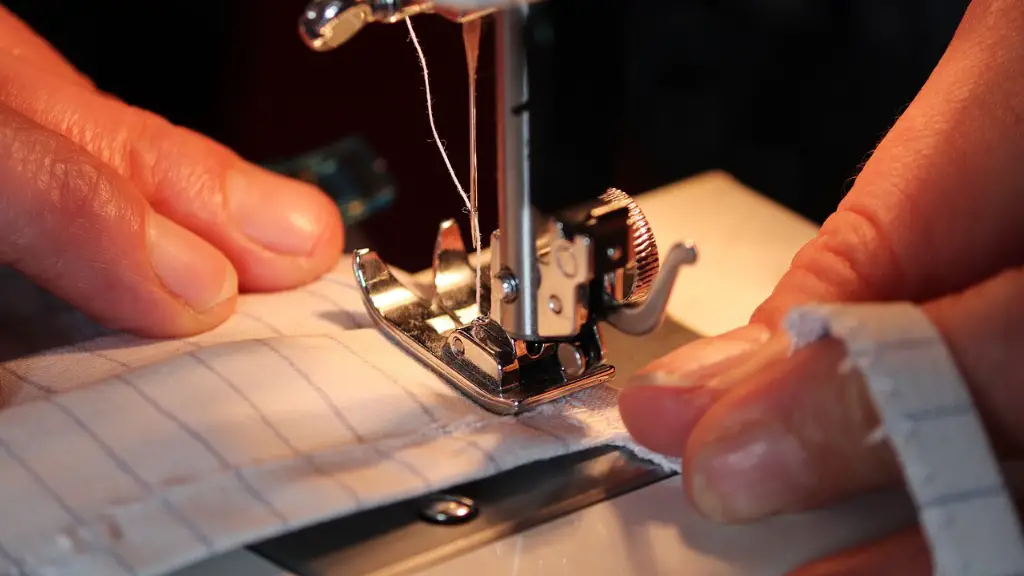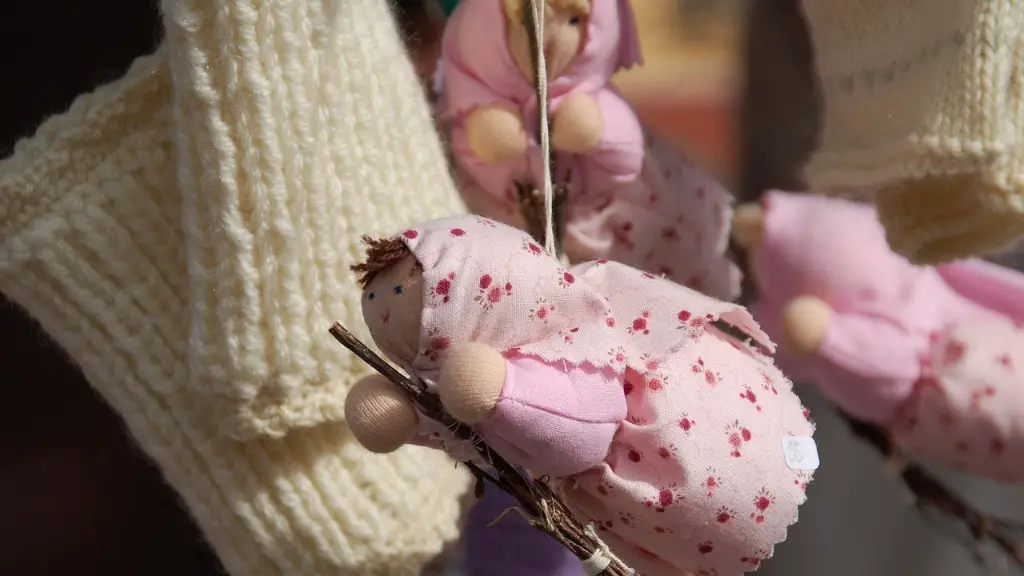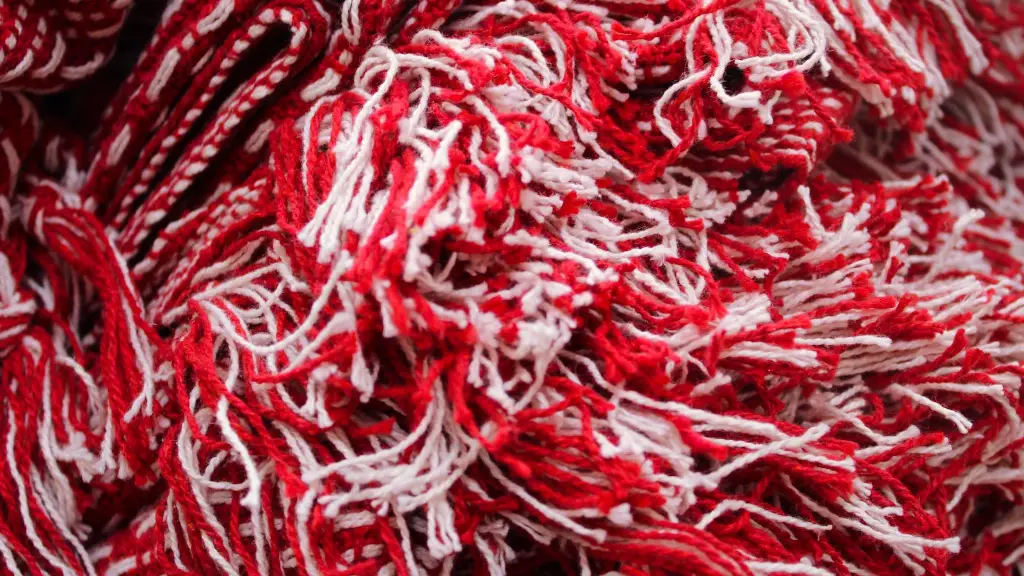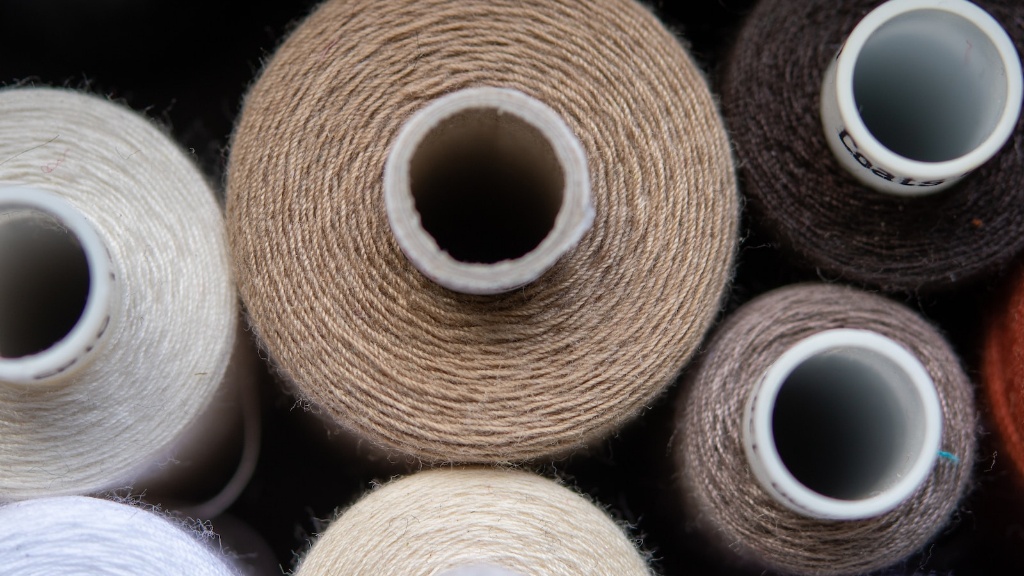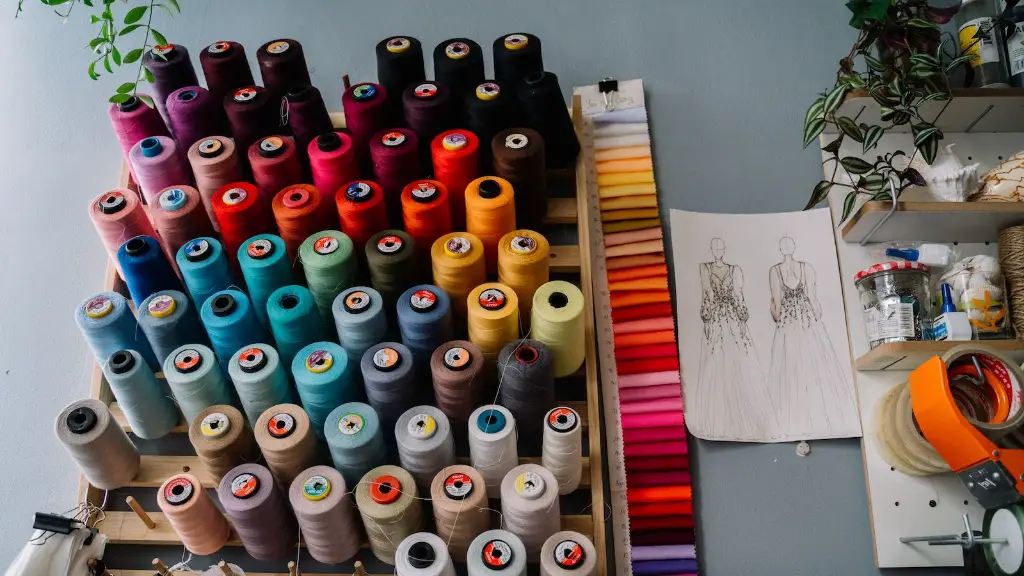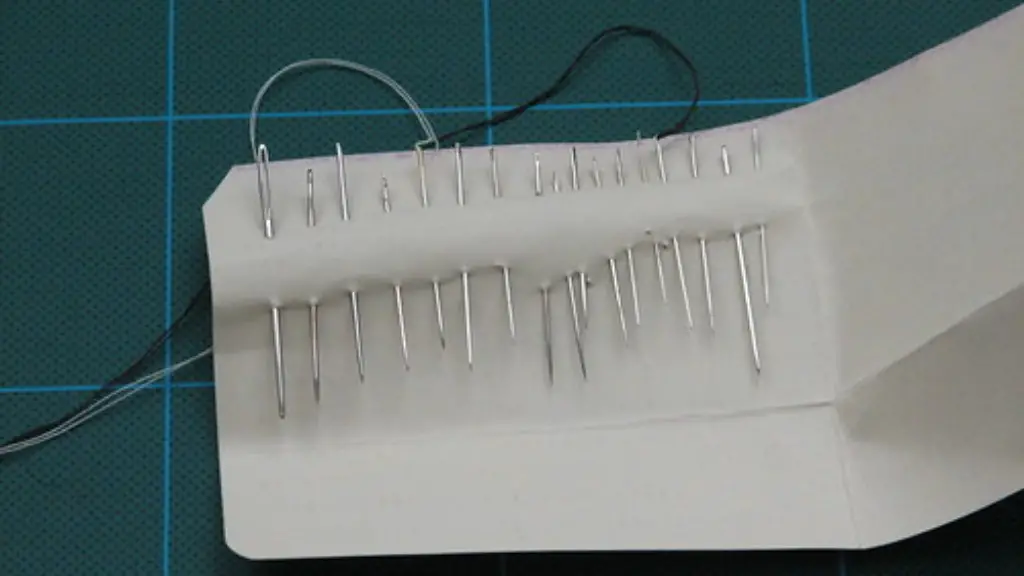Many people don’t realize that it’s actually quite important to wash fabric before sewing. There are a few reasons for this. First, washing fabric before sewing can help to preshrink the material. This is especially important if you’re working with a natural fiber like cotton. If you don’t preshrink the fabric, it’s likely that your finished project will end up being a different size than you intended.
Second, washing fabric before sewing can remove any chemicals or finishes that have been applied to the fabric. These chemicals can interfere with the dyeing process and can make the fabric less durable.
Finally, washing fabric before sewing allows you to check for any print variations or defects that might not be immediately apparent. It’s always better to catch these things before you start sewing!
If you don’t wash your fabric before sewing, any residual finishes or chemicals on the fabric could prevent the fabric from accepting dye or prints later on. Moreover, it could also lead to the final garment not fitting as expected or being less comfortable to wear.
Should you wash fabric before or after sewing?
It’s important to wash fabric before sewing in order to prevent shrinkage problems in a completed garment. I know it’s a pain, but it’s worth it in the end!
Prewashing vibrant fabrics can help remove excess dyes to prevent them from bleeding onto other fabrics in your final project. It also removes manufacturing chemicals that can sometimes irritate sensitive skin.
Do I always have to prewash fabric
Pre washing is the process of washing fabric before using it to make a garment. This is important because it helps to remove any sizing or finishes that may be on the fabric, and it also helps to preshrink the fabric so that it doesn’t shrink when you wash the garment later. Pre washing is especially important for natural fibers like cotton, linen, and silk, which are likely to shrink if not prewashed.
Pre-washing your fabric means that you would wash your fabric first, and then dry it, iron it, and cut it to the desired size. This is typically done with cotton fabrics, as they may shrink when washed for the first time. Pre-washing also helps to remove any manufacturing oils or chemicals that may be on the fabric.
What happens if you don’t wash fabric before sewing?
If you’re planning to wash your fabric before sewing, it’s important to account for shrinkage. Most fabrics from natural fibers will shrink when you wash them, and cotton fabrics can shrink by up to 10%. This can affect the fit of your final garment, so it’s important to take shrinkage into account when pre-washing your fabric.
Washing and drying your fabric before you sew with it is very important! This will help pre-shrink the fabric and also let you know if the fabric is colorfast. To wash and dry your fabric, simply launder it as you would a finished garment – use the same water temperature, detergent, and drying method.
Why does my fabric say do not prewash?
Prewashing your fabric before cutting into precuts can cause a few problems:
1) The size of the precuts may change after being washed, making them unusable for certain projects.
2) The fabric may shrink or unravel, making the precuts distorted and no longer the standard size.
3) Prewashing can be time-consuming and add an extra step to the already lengthy quilting process.
This is a note about how to wash your clothes. You can clip the corners of your clothes when you put them in the washing machine. This will help to avoid damage to your clothes.
What can I use for Prewash
When using your washer’s prewash option, be sure to add powdered detergent to the prewash detergent compartment. The amount of detergent recommended for the prewash option is half the amount recommended for the main wash cycle. This will help ensure that your clothes are thoroughly clean and free of any unwanted dirt or stains.
It is always advisable to wash new clothes before wearing them. This is because new clothes may contain residues and chemicals that can irritate the skin. However, it is important to use detergents and high-efficiency washing machines that can remove these residues and chemicals effectively.
Can I use regular detergent in prewash?
Pre- washing is a great way to get rid of tough stains or dirt before putting your clothing in the main washing cycle. You can add detergent or stain remover to the pre wash compartment for maximum effectiveness. This is especially helpful if you have particularly stained or soiled clothing.
If you’re working with a fabric that’s prone to fraying, it’s a good idea to pre-wash it before you start working with it. That way, you can avoid having the fabric fray and creating a big, tangled mess. You may even be able to save some of the fabric by pre-washing it.
What are the 4 steps in fabric preparation
Cutting and sewing fabric is a process that involves several important steps. The first step is known as straightening, which is the process of aligning the fabric so that it is level and even. The second step is shrinking, which is the process of applying heat to the fabric so that it shrinks slightly and becomes more pliable. The third step is pressing, which is the process of using an iron to press the fabric and give it a smooth finish. The success of a finished garment depends largely on these important steps, so it is important to be familiar with them.
There is no point treating your fabric delicately with a hand wash if you intend on putting your clothes in the washing machine anyways. Washing your clothes in the washing machine is just as effective as hand washing them, if not more so. Furthermore, washing your clothes in the washing machine is more convenient and less time-consuming.
How do you Preshrink fabric without washing it?
If you don’t have a washer or dryer, you can preshrink your fabric by hand by filling a bath tub (or a large container) with water at the same temperature you’d be washing your garment in.
Hi,
If you’re reading this, it means you are wearing clothes right now. And, if you’re like most people, you probably don’t think twice about what those clothes are made of. But, did you know that your clothes are likely coated in harmful chemicals?
Per Dr Liv, the reason for this is that “unwashed fabrics can disperse dyes, formaldehyde and all kinds of finishing resins, which are extremely harsh on the skin and can cause textile contact dermatitis.” More on the potential consequences of your negligence (ie, contact dermatitis) later.
So, next time you reach for your favourite shirt, take a moment to consider what you’re really putting on your skin. It might just save you from a nasty rash.
Thanks for reading!
What happens if you wash dry clean only fabric
If you wash a dry clean only garment, it could shrink significantly. Some garments will shrink 2-3 sizes or more, and drapes can shrink to half their size. The garment might also stretch out of shape.
If you don’t rinse your clothes, the soap residue will stay on your clothes and will be very unpleasant. It’s equivalent to not rinsing the washing up liquid off your dirty dishes.
Warp Up
It is important to wash fabric before sewing because it will remove any dirt or debris that may be on the fabric. Additionally, it will also pre-shrink the fabric so that it does not shrink when you wash the finished garment.
It is important to wash fabric before sewing for several reasons. First, it is important to remove any dirt, dust, or other contaminants that may be on the fabric. This can help to prevent problems with the sewing machine and can also help to ensure that the finished product is clean. Second, washing fabric before sewing can help to remove any sizing or other treatments that may have been applied to the fabric. This can help to ensure that the fabric fits properly and that the finished product looks its best.
